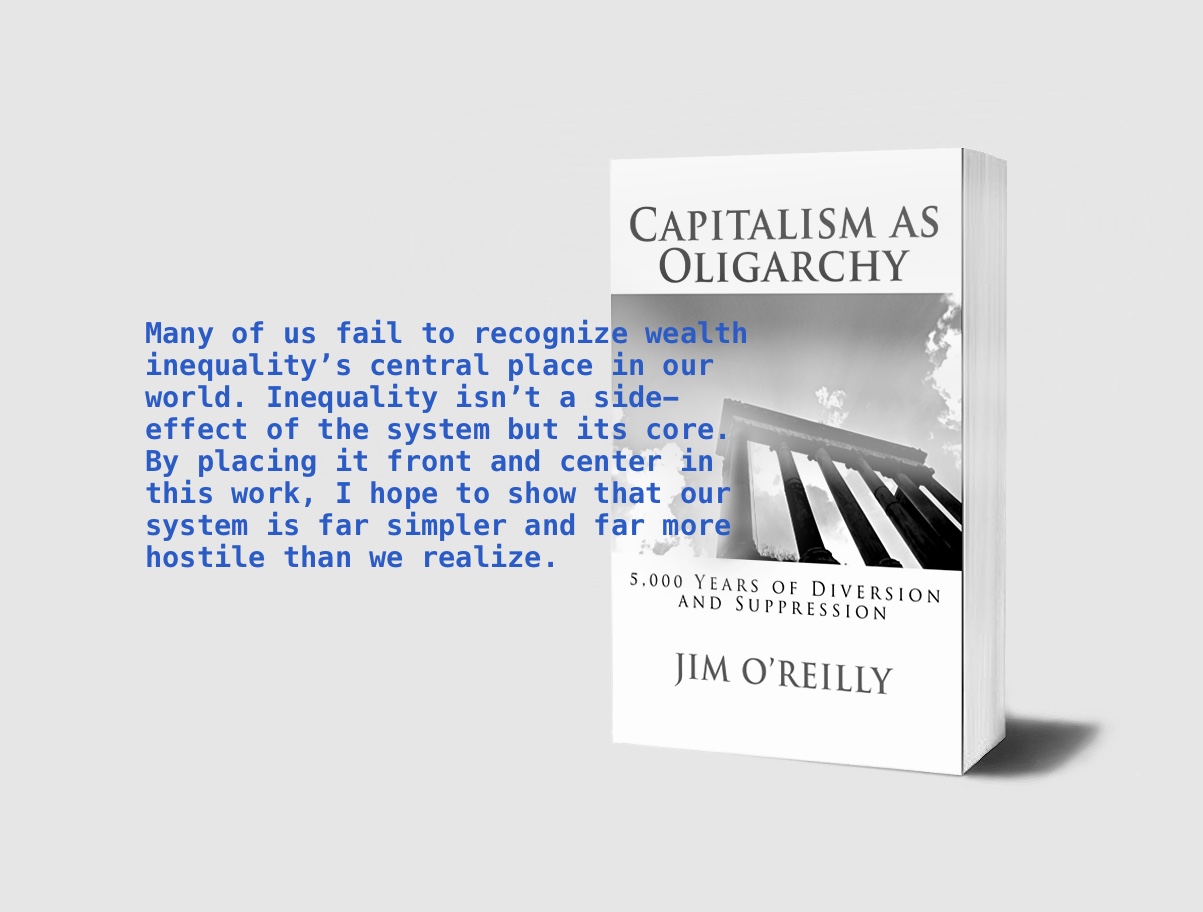Martin Wolf gets it; why not Paul Krugman?
Martin Wolf is the chief economics commentator at the Financial Times and is one of the most influential economics writers in the world. He’s no radical for sure but today’s article entitled “Time to think the unthinkable and start printing again” could have been written by Abba Lerner himself. It completely debunks the accepted wisdom that we need austerity, that we’re tied to the whims of the financial markets, and that government deficits are some dire problem. Here are key excerpts:
Personally, I would favour … “helicopter money”… Central bank money could pass via the government to the public at large. Alternatively, the government could fund itself from the central bank, directly. Better still, the government could increase its deficits, perhaps by slashing taxes, and taking needed funds from the central bank. Under any of these alternatives, the central bank would be behaving like any other bank, creating money in the act of lending.
In current circumstances, a policy of direct financing of government by the central bank should recommend itself to monetarists and Keynesians.
Some will argue that a policy of direct financing by the central bank must be inflationary. This is wrong. No automatic link exists between central bank money and the overall money supply. Above all, the policy would be inflationary only if it led to chronic excess demand. So long as the central bank retains the right to call a halt, that need be no serious danger.
I’m not sure Wolf fully recognizes the implications, but he’s in effect claiming (rightly) that there’s never an excuse for inadequate demand and that society should take matters into its own hands whenever private wealth holders fail to sufficiently spend and invest. Basic Keynes but hugely subversive as it would represent a tremendous transfer of power away from private wealth.
If someone as connected and conservative as Martin Wolf can channel Lerner and the theories of Functional Finance / Modern Monetary Theory, what’s holding back our crop of “center-left”, “Keynesian” economists? Why is it that Paul Krugman, Brad DeLong, Joseph Stiglitz, Jared Bernstein, etc, etc are unable to exit from their neo-classical financial orthodoxy? Contra Wolf, they mock the idea of printing money and remain tightly bound by the traditional golden handcuffs that see money as a fixed commodity that can only safely be had by borrowing, taxing, or digging it out of the ground. To all calls for direct monetary creation their one word answer is always the same – Hyperinflation. Wolf’s last paragraph in the quote above is certainly pointed directly at them.
Krugman actually links to this article today but completely ignores Wolf’s central point while falsely implying that he and Wolf are somehow fellow travelers. The problem for Krugman is that he’s locked into his standard textbook macroeconomics and can’t see the forest for the trees. As he himself tells us in the very same post:
Throughout this crisis, people like … yours truly have been basing our arguments on standard textbook macroeconomics…
Exactly! The failure of the “progressive” economists to exit their standard conservative cage is a common theme on this blog but it’s a really huge roadblock for those seeking to move toward something better. Prominent center-left economists must continuously be criticized for their conservatism.


Wolf knew Abba Lerner. Lerner thanks him for reading the manuscript of his last book, MAP – The Market Anti-inflation Plan. What is truly weird is that Lerner used to be textbook macro. At the height of the Keynesian era, the textbooks were 80% sense, infected by 20% nonsense. But the nonsense took over & the textbooks started filling up with preposterous garbage, and now these weird superstitions are shared even by critical “Keynesians”.
Interesting that Wolf knew Lerner. Do you really think Lerner was textbook macro? Was there really ever a widely used textbook that followed Functional Finance principles? Keynes himself actually thought well of FF but never thought the idea was ready for Prime TIme.
It was in the textbooks, but not perfectly absorbed, sometimes not singled out, not mentioned by name. It was not presented as the core, the foundation. Enough garbage remained in textbooks, “crowding out” necessary good stuff, like how banks work, how “loans create deposits”. People then might have said “that goes without saying”. But they did not know enough of the history of thought to know that this “goes without saying”, obvious, trivial, “well-known” stuff is precisely the most valuable & the hardest to arrive at. Often, it is never written-down or written down well & so is the easiest to lose – unless it is taught in grade school & becomes stuff really everyone knows.
The real world monetary system retained just enough complicating & confusing relation to gold to retain commodity-money-illusion nonsense. So when 1971 came around, and things became utterly simple & clear, the zombie theories came back to unlife when they became perfectly untrue. With the help of embarassing pseudomathematics, courses in accounting, finance & history were purged, so economics departments basically taught nothing at all. There is no Bogdanov affair, no Sokal Hoax in mainstream economics, that taught at the “leading universities” – because it is nothing but Bogdanov-Sokal, with neither the aim nor even the understanding of what it means to be logically coherent or to apply to the real world.
For instance, Warren Mosler mentioned a congressman who had just signed a deficit terrorist/hawk statement. Mosler said that the congressman had earlier listened to his explanations about the basics of tax-driven money, government spending etc – and said “Yeah, that’s how I learned it in the 60s.”
Lerner laments in MAP how economists managed to start scaring themselves again about deficits & government spending, the resurrection of “sound finance” with the rise of “rational expectations” etc. He wouldn’t have said this if he hadn’t felt he had had success in propounding functional finance for a generation.